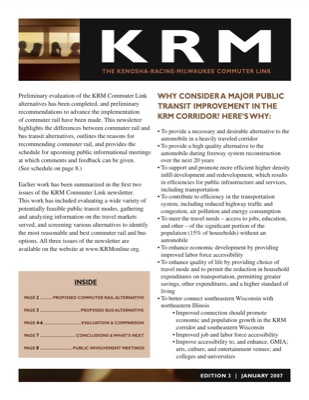Land-use regulation has added $200,000 to the median price of Seattle homes, says Theo Eicher, an economist at the University of Washington. This is a little greater than the amount estimated by the Antiplanner, which was $180,000, but since the Antiplanner was being deliberately conservative, the numbers are remarkably close.
As described here, Eicher’s study relied on a recently released database of land-use regulation in 2,730 U.S. cities that was compiled by Joseph Gyourko of the Wharton Business School. Eicher compared housing prices from 2006 census data with regulation and showed there is a strong correlation between the two. Eicher was only able to look at 250 cities, because census data were not collected in all cities in the Wharton database. When the 2010 census is complete, an even more detailed study should be possible.

Originally built in the 1920s for $2,800 (without the second story, which was added later), this house recently sold for $650,000. According to economist Theo Eicher, more than $200,000 of that price is due to land-use regulation.
Flickr photo by brewbooks.
Eicher’s actual paper includes data for all 250 cities, 123 of which overlap with the Antiplanner’s data. His estimates of the costs of regulation tend to be a little higher than mine except in California, Florida, and a few other places where they are lower.












